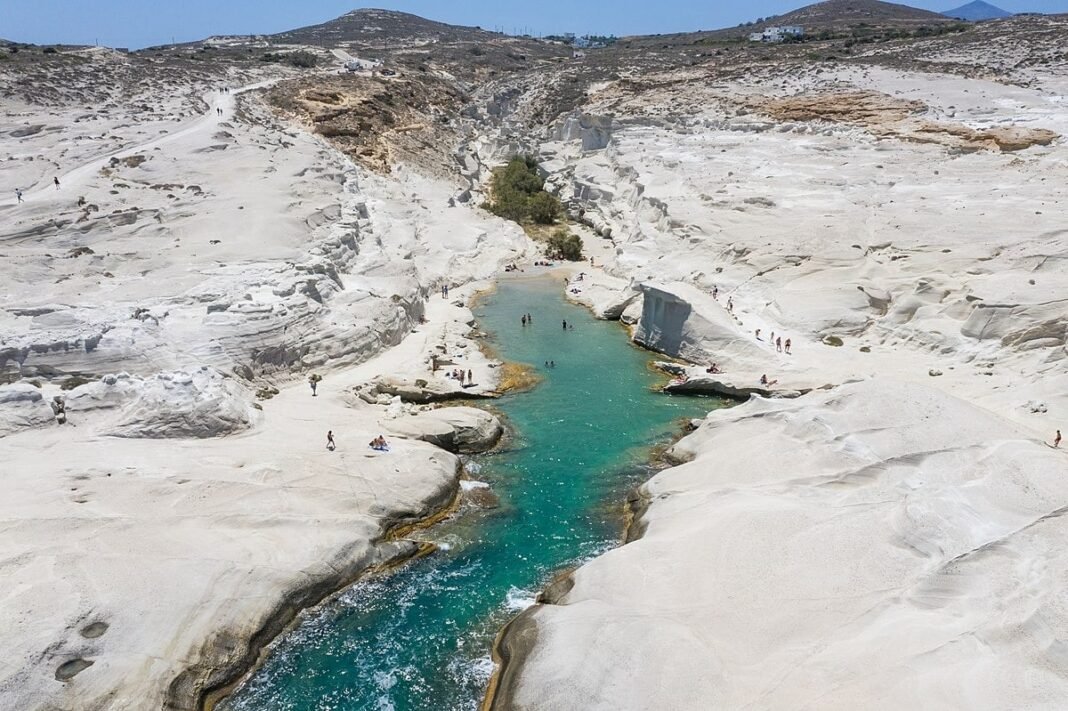
The number of migrants arriving on Greece’s island of Crete has dropped significantly since the government paused asylum hearings for three months, according to Migration Minister Thanos Plevris. The move, which has been widely condemned by human rights groups, came after an unprecedented surge in arrivals this summer.
Greece was caught off guard by the influx of migrants from Libya to Crete, a new migration route that bypasses the more traditional Aegean Sea route from Turkey. Over 7,000 migrants have arrived on Crete and the nearby island of Gavdos since the start of the year, a sharp increase from the 4,935 arrivals in all of 2024.
Athens deployed two frigates near Libyan territorial waters to help stem the flow. It also urged Libya to cooperate more closely with Greece and the EU to stop migrants from sailing from there or turn them back before they exit Libyan territorial waters.
Greece pauses asylum for migrants
This surge sparked local anger, particularly within the tourism sector, putting pressure on Prime Minister Kyriakos Mitsotakis’s conservative government. In response, the government announced the asylum suspension on July 9.
Minister Plevris, who has previously called the influx an “invasion,” told public broadcaster ERT that arrivals fell to “below 900” after the announcement, down from 2,642 in the first week of July. He stated that the “clear message” that Greece would not be granting asylum for three months and that migrants would be detained “appears to have had an effect.”
The decision to freeze asylum hearings drew swift criticism from humanitarian and migrant groups, with the UN refugee agency expressing “serious concern” and accusing Greece of violating international law.
Mitsotakis has pursued stricter immigration policies since taking office in 2019. In addition to the asylum suspension, his government has proposed new legislation that would allow for the detention of migrants for up to two years for illegal entry. If caught illegally staying in Greece afterward, the detention could extend to five years. Plevris stated he expects this legislation to be finalized by early September.
Greece has long been a key entry point for migrants seeking to reach Europe, and the government has previously faced accusations of illegal pushbacks at its borders, which it denies.
Related: Dramatic Scenes as Over 840 Migrants Arrive on Crete, Some Landing Amidst Bathers


